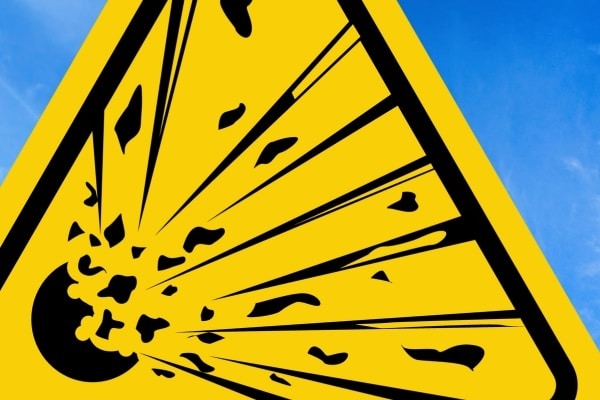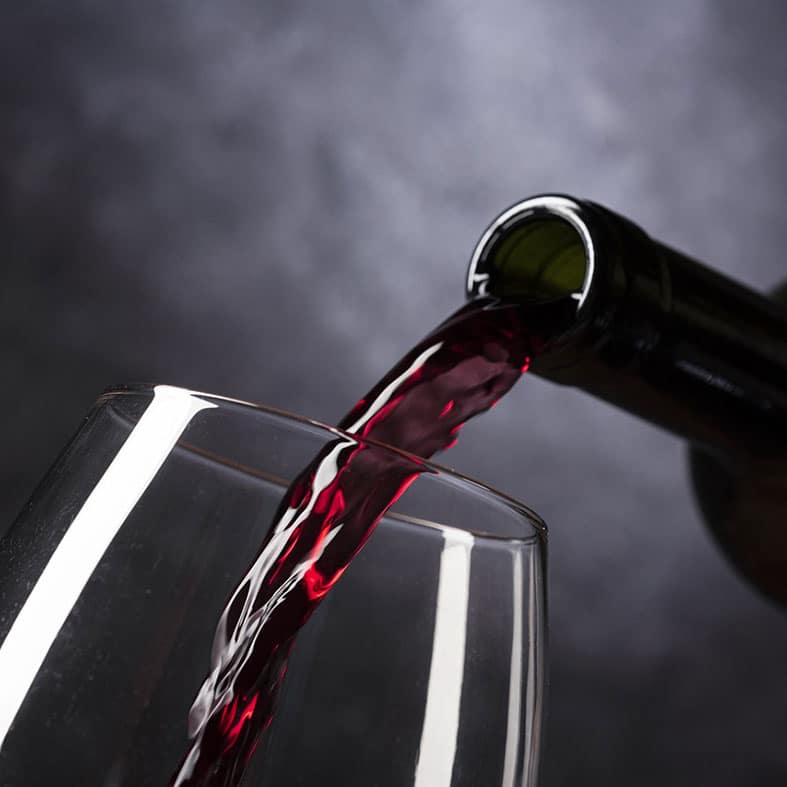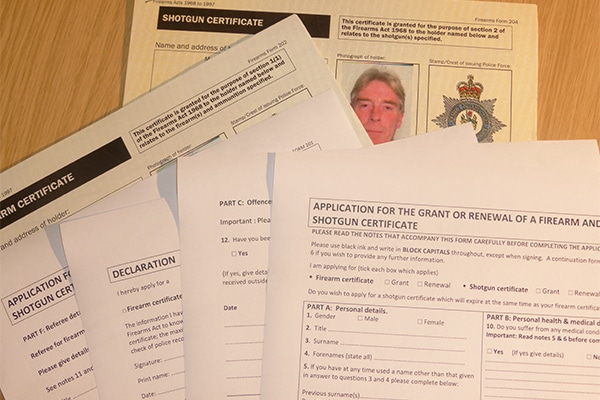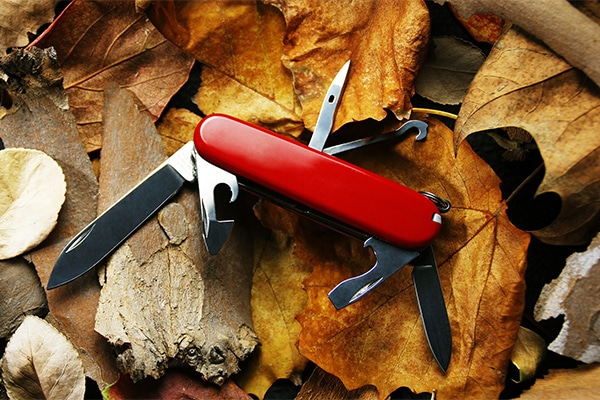
Storage of explosives
Succinct advice on the law surrounding the storage of civil explosives in the UK, including requirements for record-keeping.
Get information on the legal shooting season for mammals and birds in the UK.
Apply for funding for your project or make a donation today
Comprehensive information and advice from our specialist firearms team.
Everything you need to know about shotgun, rifle and airgun ammunition.
Find our up-to-date information, advice and links to government resources.
Everything you need to know on firearms law and licensing.
All the latest news and advice on general licences and how they affect you.


While any conviction (or other forms of disposing of offences such as cautions and penalty notices) will take their toll from certificate holders, alcohol-related offences will lead to very quick revocation of your shotgun or firearm certificates.
Drink-related convictions are taken very seriously by police and result in significant impact on lifestyle, employment and mobility.
If you are convicted of ‘drink-driving’ or ‘being in charge of a vehicle whilst unfit’, it is obligatory that you are disqualified from driving, unless the Court agrees that a “special reason” exists; eg. driving in emergencies or inadvertent consumption of drink or drugs.
Drink-driving or being in charge of a vehicle whilst unfit by reason of excess alcohol is defined as: driving or attempting to drive a motor vehicle on the public highway or a public place while under the influence of alcohol exceeding the prescribed limit. Even if you are not driving the vehicle but are in the vehicle on the public highway/public place, you are likely to be deemed to be “in charge” of the vehicle.
Sentencing guidelines over the last decade have shown an increase in periods of disqualification dealt out by the courts. A high reading or a second or third offence increasingly results in community orders and suspended or immediate custodial sentences.
Custodial sentences in excess of three months mean you will also become a prohibited person under Section 21 of the Firearms Act 1968.
A five year prohibition exists for a sentence of three months to three years and a life prohibition exists for a term over three years.
Today the courts are harsher with their sentencing for drink-drive offences and a conviction will almost certainly result in an instant revocation, or a refusal to grant a certificate where the offence is fairly recent.
If a driving ban is still being served, the police will again almost automatically refuse to grant
until the ban is over. The minimum mandatory disqualification for driving with excess alcohol offence is three years for a second offence committed within ten years.
The case of Chief Constable of Essex Vs Germaine (1992) establishes that in making a decision concerning the suitability of someone to be granted a certificate, a chief officer may take into account any irresponsible behaviour, especially beyond a simple high blood alcohol reading.
After his third drink-driving offence, Essex Police revoked Mr Germaine’s certificate. He successfully appealed to the Crown Court but the chief officer then appealed to the Divisional Court. The Divisional Court upheld the chief officer’s appeal and as a result, settled law now provides that chief officers may take any irresponsible behaviour into account when considering the suitability of an applicant to possess shotguns.
The standard of proof in firearms licensing law differs to that of criminal law. Those interviewed by their firearms enquiry officers need to appreciate the danger to their firearm or shotgun certificate and also consider what can and should be said to the police about the offence or incident. Failure to cooperate with your enquiry officer will itself be held against a firearm or shotgun certificate holder.
Firearms licensing departments increasingly rely on some Scottish firearm revocation decisions. Weight is attached to these decisions because the same firearms legislation applies both north and south of the border.
BASC is concerned that about the blanket use of these cases to justify refusal or revocation decisions irrespective of the facts of the specific case. These cases are first instance cases and do not set legal precedence in the way some high court judgments do.
The case of Lubbock v Chief Constable of Lothian & Borders Police (2001) is routinely used to justify drink-driving refusal or revocations. This case is not just a simple drink drive case. Lubbock’s offence was actually a ‘Failure to provide an evidential sample’ ie. a breath sample under Section 7(6) of the Road Traffic Act 1988. This is treated as an aggravated form of drink-driving involving a deliberate attempt to avoid prosecution.
The Sheriff was influenced by the arresting officer’s statement that the defendant “was the drunkest person he had ever seen”. Given the high reading and that there was a lack of remorse for the offending the decision cannot be criticised.
The case of Orr (2004) (involving the same police force as the Lubbock case) concerned a defendant who drove a motor vehicle whilst he was four-times over the legal limit. The decision reflects change in attitude towards drink-driving.
Here the Sherriff stated: “For many years chief officers of police, with the approval of the courts, have equivalated irresponsibility when in charge of a motor vehicle with irresponsibility when in charge of a shotgun or firearm. Like them, a motor vehicle is a potentially lethal instrument.”
Section 12 of the Licensing Act 1872 provides an offence for being drunk with a loaded firearm: “Every person who is drunk while in charge on any highway or other public place of any carriage, horse, cattle, or steam engine, or who is drunk when in possession of any loaded firearms, may be apprehended, and shall be liable to a penalty not exceeding forty shillings, or in the discretion of the court to imprisonment for any term not exceeding one month”.
NOTE: Whilst the law prevents the police from prosecuting you for having an “unloaded” firearm in a public place, the police may conduct a suitability review where they believe you are intoxicated and deemed not to be in control.
Each case must be taken on its merits and BASC advises never to over-indulge.
Section 25 of the Firearm Act 1968 makes it an offence to: “Sell or transfer any firearm or ammunition to, or to repair, prove or test any firearm or ammunition for, another person whom he knows or has reasonable cause for believing to be drunk or of unsound mind”.
Got a question? Email us on firearms@basc.org.uk or call 01244 573 010.
© BASC July 2023

Succinct advice on the law surrounding the storage of civil explosives in the UK, including requirements for record-keeping.

Firearms licensing is in crisis right now, so what can you do to give yourself the best chance of getting your renewal approved sooner rather than later?

Bill Harriman discusses what you should look for in a knife, the pros and cons of different knives and how to choose the right one for you.
Sign up to our weekly newsletter and get all the latest updates straight to your inbox.
© 2025 British Association for Shooting and Conservation. Registered Office: Marford Mill, Rossett, Wrexham, LL12 0HL – Registered Society No: 28488R. BASC is a trading name of the British Association for Shooting and Conservation Limited which is authorised and regulated by the Financial Conduct Authority (FCA) under firm reference number 311937.
BASC Direct Ltd is an Introducer Appointed Representative of Agria Pet Insurance Ltd who administer the insurance and is authorised and regulated by the Financial Conduct Authority, Financial Services Register Number 496160. Agria Pet Insurance is registered and incorporated in England and Wales with registered number 04258783. Registered office: First Floor, Blue Leanie, Walton Street, Aylesbury, Buckinghamshire, HP21 7QW. Agria insurance policies are underwritten by Agria Försäkring.
If you have any questions or complaints about your BASC membership insurance cover, please email us. More information about resolving complaints can be found on the FCA website or on the EU ODR platform.